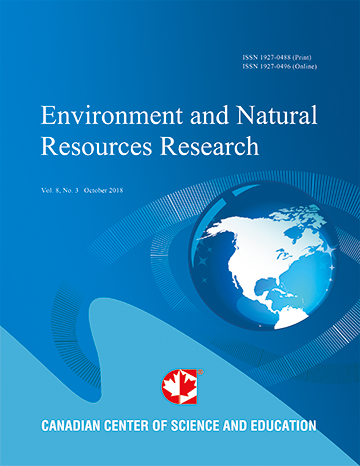Sustainability and Depletion Accounting: A Case Study of Oil in Libya
- Abdulrazag Etelawi
- Keith Blatner
- Jill McCluskey
Abstract
There is a strong need to study sustainability and depletion accounting of oil in the Libyan economy because oil production and export is the single largest source of national income in the country. This study covers the time period from 1990 to 2009. Throughout this period, the Libyan national economy used its oil and petroleum industries to increase national income. Development sustainability can be defined as investment divided by GDP. This measure provides an indication of the low level of sustainable development in Libya over the period of analysis, which is 0.38 on average. It is important that the Libyan government develop and implement plans and strategies for achieving sustainability and the maintenance of oil resources.
Carbon dioxide emissions provide another indication of the presence or absence of sustainability. The ratio of carbon dioxide ranged from a minimum of 8.50 metric tons per capita in 1990 to 10.00 metric tons per capita in 2009 and average 9.07 metric tons per capita over the course of the study period. CO2 emissions were also much higher than other countries in the Middle East and North Africa. This suggests there was relatively little interest in the sustainable development of the Libyan economy during this period. The Environment Domestic Product (EDP) increased sharply from the beginning of the study at $24.23 billion in 1991 to $45.87 billion in 2009 in constant dollars. Again, one can infer that policy makers did not consider the depletion of oil resources and the environment in their planning process, or at least did not place a high level of concern on this issue.
- Full Text:
 PDF
PDF
- DOI:10.5539/enrr.v7n1p34
Journal Metrics
Google-based Impact Factor (2016): 6.22
h-index (November 2017): 12
i10-index (November 2017): 19
h5-index (November 2017): 11
h5-median (November 2017): 12
Index
Contact
- Emily LinEditorial Assistant
- enrr@ccsenet.org
